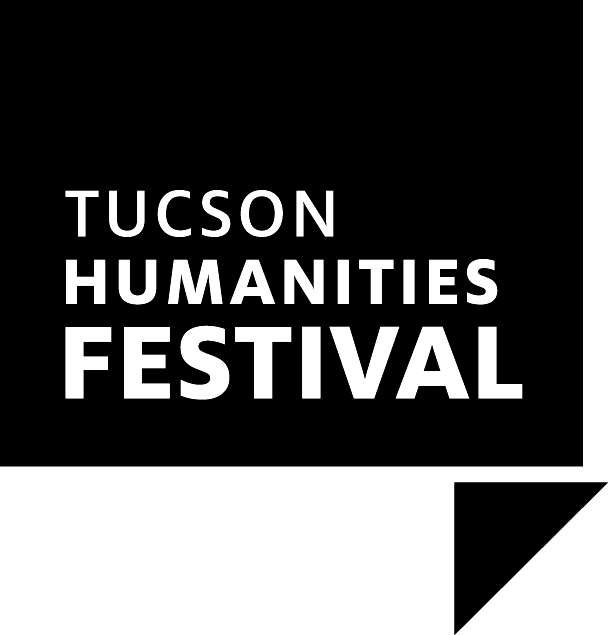2018 Tucson Humanities Festival
What different power can information have when it’s concealed? How have closely guarded secrets influenced human cultures? Join us for the 2018 Tucson Humanities Festival: Secrets, a series of FREE topical lectures, panel discussions, events and special guests, presented by the UA College of Humanities.
2018 Tucson Humanities Festival Videos
Presenter: Timothy Brooks – University of British Columbia
Description
But he can still surprise us if we pause and connect him to the world in which he lived. Far from being sequestered in his studio in Delft, Vermeer was hugely aware of Delft’s connections to the world and drew on those links endlessly to craft his paintings. Join a China historian as he looks at Vermeer from a global perspective.
Presenter: Martine Delvaux – Université du Québec à Montréal
Description
Rape culture silences victims of sexual violence, and while social movements such as #Beenrapedneverreported (2014) and #Metoo (2018) have worked to undo this silencing, they have succeeded by both facilitating collective speech and acknowledging women’s right to keep secrets. If doubt is a common response to speaking out, then for women, speaking cannot be presented as the only solution. Acknowledging that speaking does not necessarily cure, Martine Delvaux explores how women navigate secrecy, in order to think about secrets as a radical feminist tool.
Sponsored by Martha Durkin and YWCA Southern Arizona
Presenter: Andre Goodfriend, Director, U.S. Office of eDiplomacy & COH Alumnus of the Year
Description
Much of his work has revolved around the role of information technology in managing consular operations and streamlining the services and safety provided to American citizens abroad.
Goodfriend is the 2018 College of Humanities Alumnus of the Year. A 1979 UA graduate, he earned degrees in French, Greek, Philosophy and Radio-TV.
2017 Tucson Humanities Festival PODCASTS

Presenter: Nadya Tolokonnikova of Pussy Riot
Description

Presenter: Phyllis Taoua, French & Italian
Description

Presenter: Grant Adamson, Cynthia White & Courtney Friesen
Description

Presenter: Malcolm Compitello Spanish & Portuguese
Description

Presenter: Steven D. Martinson, German Studies
Description

Presenters: Dante Lauretta, Planetary Sciences

